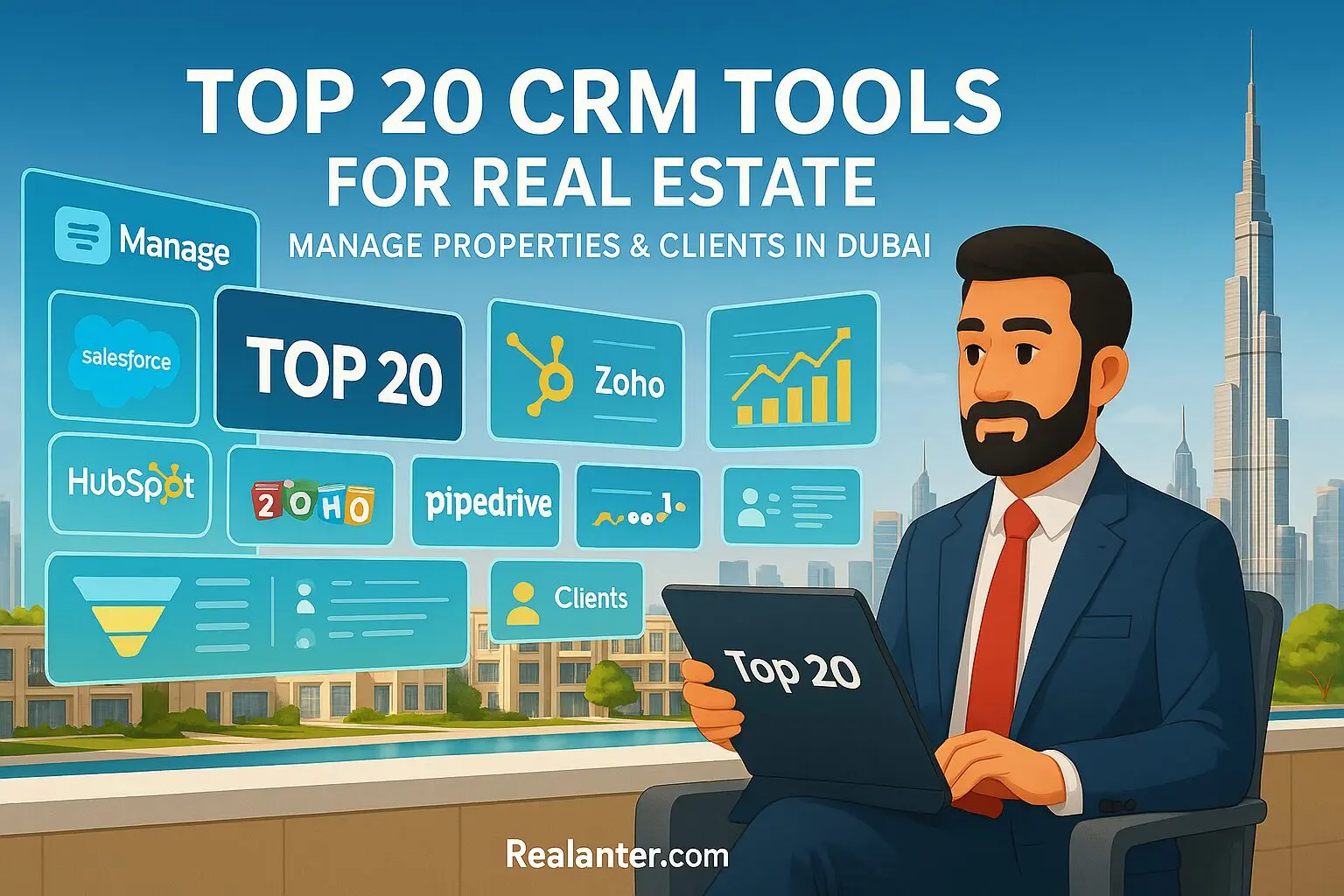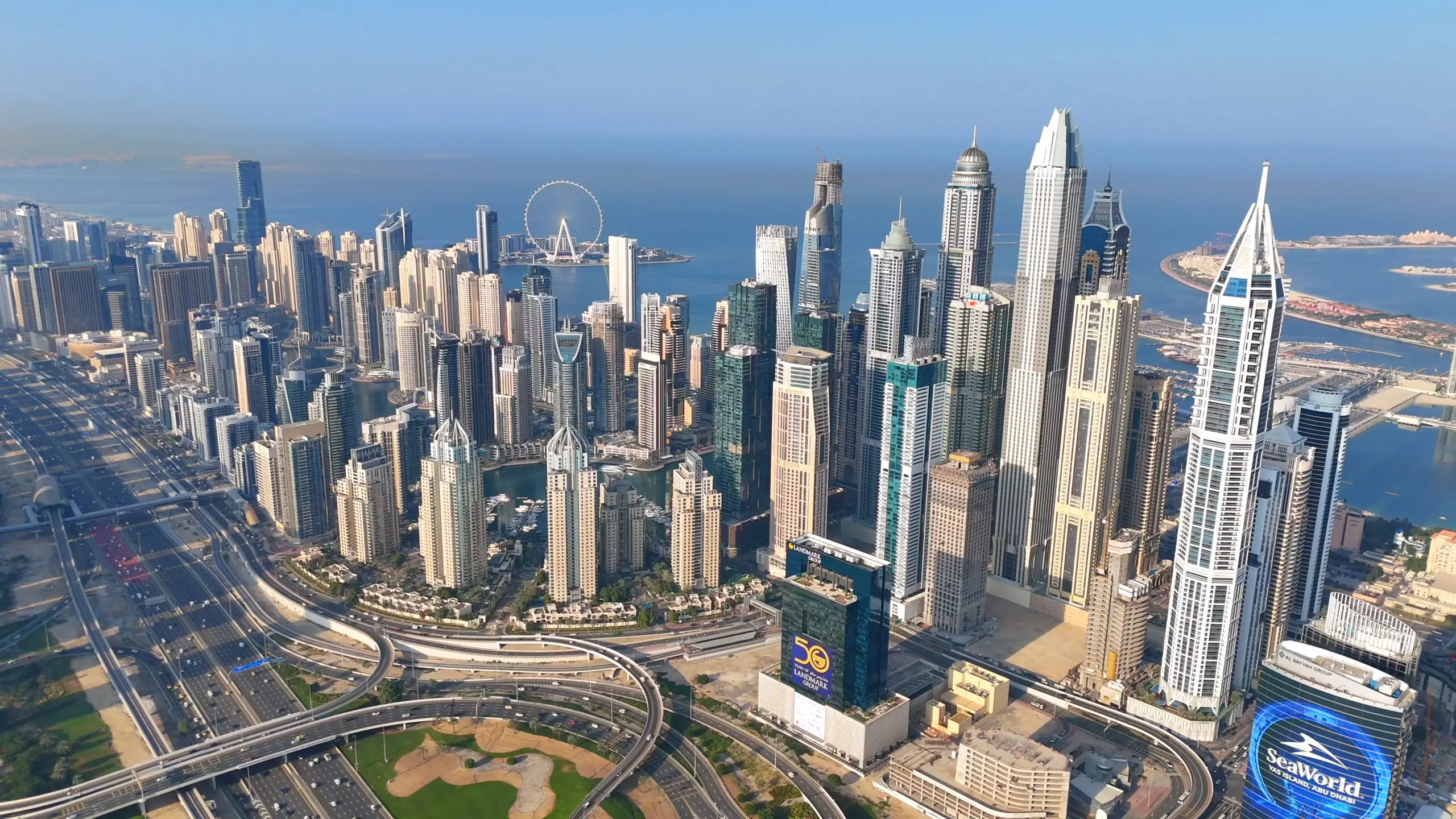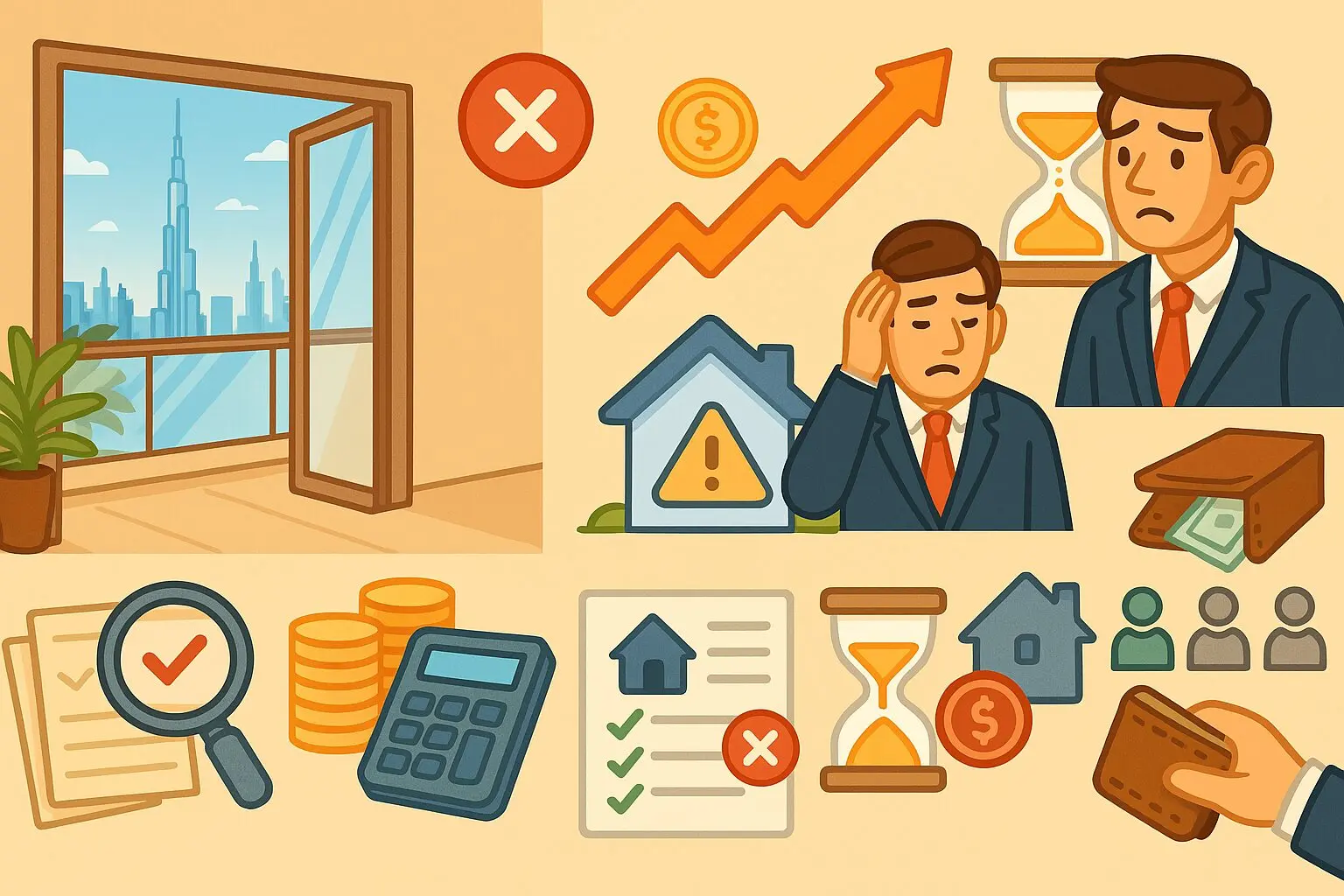Trends Dubai is becoming an increasingly popular hub for global investors, expatriates and long term tenants, due to its unbeatable combination of luxury, flexibility as well as high rental yields. With the rapid growth of the city, long term rentals are being seen as a smart solution for expats and professionals that want to move in to quality living without the hassle of buying, in prime locations with easy access to world class amenities and hassle free management.
We offer data and expertise so you can make informed decisions: from current trends in the market and legal protections to contract essentials and expat friendly communities.
1. Understanding Long-Term Rentals in Dubai
1.1 What Defines a Long-Term Rental?
When a rental is categorized as long-term, then in Dubai, this means a lease that is at least one year. The most common length of the lease is 12 months, but that period can be renewed as long as it is agreed between landlord and tenant.
Key differences between long-term and short-term rentals:
| Factor | Long-Term Rental | Short-Term Rental |
| Lease Duration | 1+ years | Days/Weeks/Months |
| Rental Stability | Fixed for 1 year | Fluctuates frequently |
| Legal Protection | Strong (RERA laws) | Limited regulation |
| Profitability | Steady income | Higher but volatile |
| Target Audience | Expats, families, professional | Tourists, business travelers |
1.2 Why Choose Long-Term Rentals?
- Reduced turnover costs: Consequently, long-term leases have 10-20% lower rates than short-term rentals.
- Legal Security: Dubai Tenancy Law (Law No. 26 of 2007) gives legal security for increases in rent and the eviction of tenants.
- Stability: Expats and families looking for a permanent residence without property ownership.
- Financial planning: Fixed rental prices for one year or more are predictable.
- Predictable Budgeting: Longer stays mean that tenants can integrate into their neighborhoods, and into their places of school, and work.
“Most of Dubai’s expats prefer long-term rentals over anything else because they are affordable and legal. Families still looking for stability are being attracted to areas like Jumeirah Village Circle and Dubai Hills Estate.”
— Fatima Al Mansoori, Senior Property Consultant at Allsopp & Allsopp
2. Legal Framework for Renting Property in Dubai
2.1 Key Laws Governing Long-Term Rentals
The rental contracts in Dubai are regulated by the Real Estate Regulatory Agency (RERA) under the Dubai Land Department (DLD) in order to ensure fairness between landlords and tenants. Key regulations include:
Rental Index: This regulates that landlords are only to uprate rent once a year based on RERA’s rent index. Increases are capped at:
Rent Increase Caps (Based on RERA Index)
| Current Rent vs. Market Avg. | Maximum Allowable Increase |
|---|---|
| 10% below market | 5% |
| 11-20% below market | 10% |
| 21-30% below market | 15% |
| 31%+ below market | 20% |
Maintenance Responsibilities
| Responsibility | Landlord | Tenant |
|---|---|---|
| Structural Repairs | Yes (plumbing, electrical, AC) | No |
| Minor Fixes | No | Yes (lightbulbs, general upkeep) |
Ejari Registration: It has mandatory EJARI Registration for all leases for legal protection. Most of all, without Ejari, tenants cannot connect utilities or file disputes.
Security Deposit: 5 percent of the annual rent (max AED 5,000 for apartments, AED 10,000 for villas) Refundable in the event of no damage, elsey of which is forfeited.
Maintenance Responsibilities:
- Landlord: Structural repairs, plumbing, electrical systems, AC maintenance (unless stated otherwise)
- Tenant: Minor fixes, lightbulb replacements, and general upkeep.
Did You Know?
“Cases are usually settled within 30 days and over 80% of rental disputes in Dubai are resolved at the Rental Dispute Settlement Center (RDSC).”
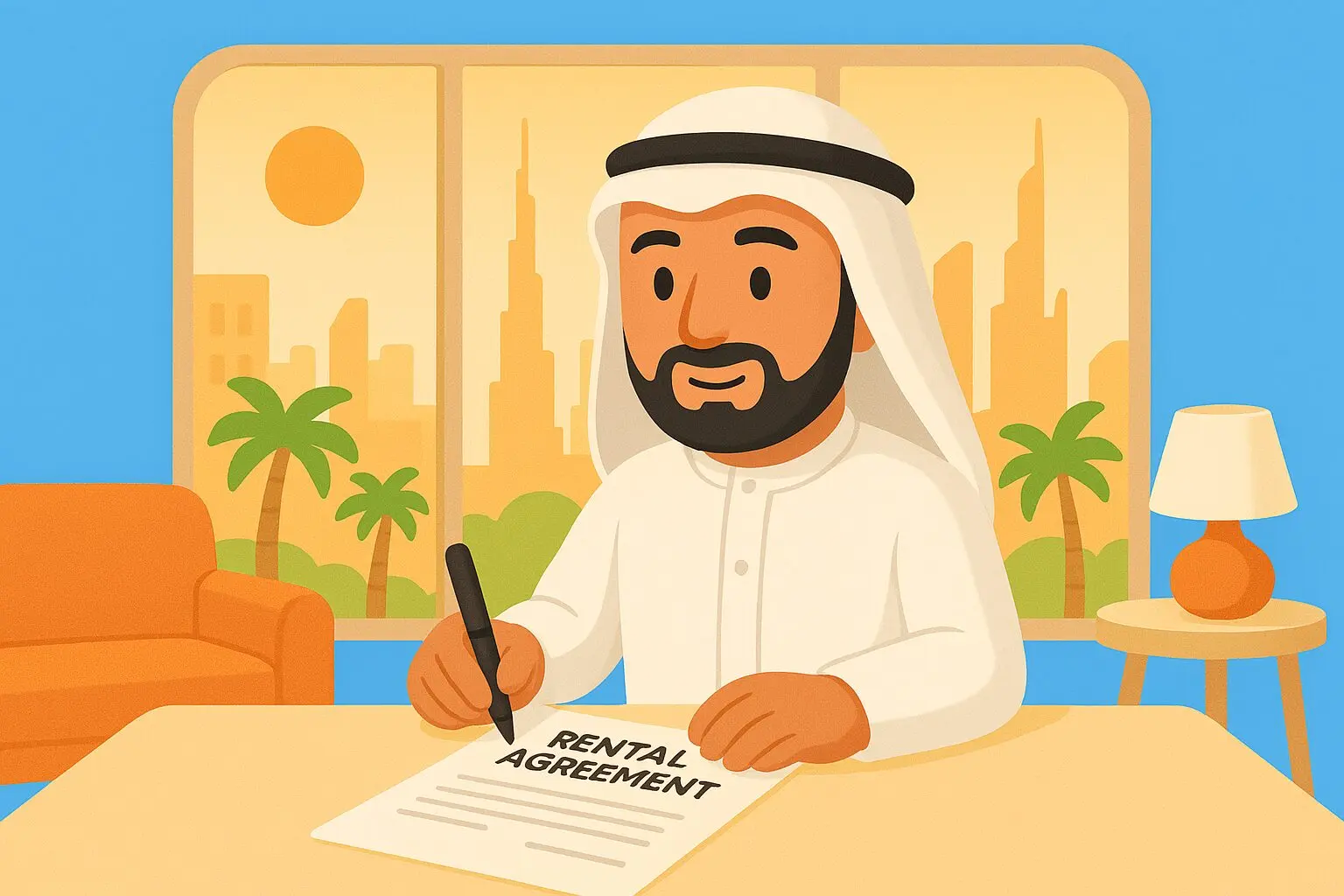
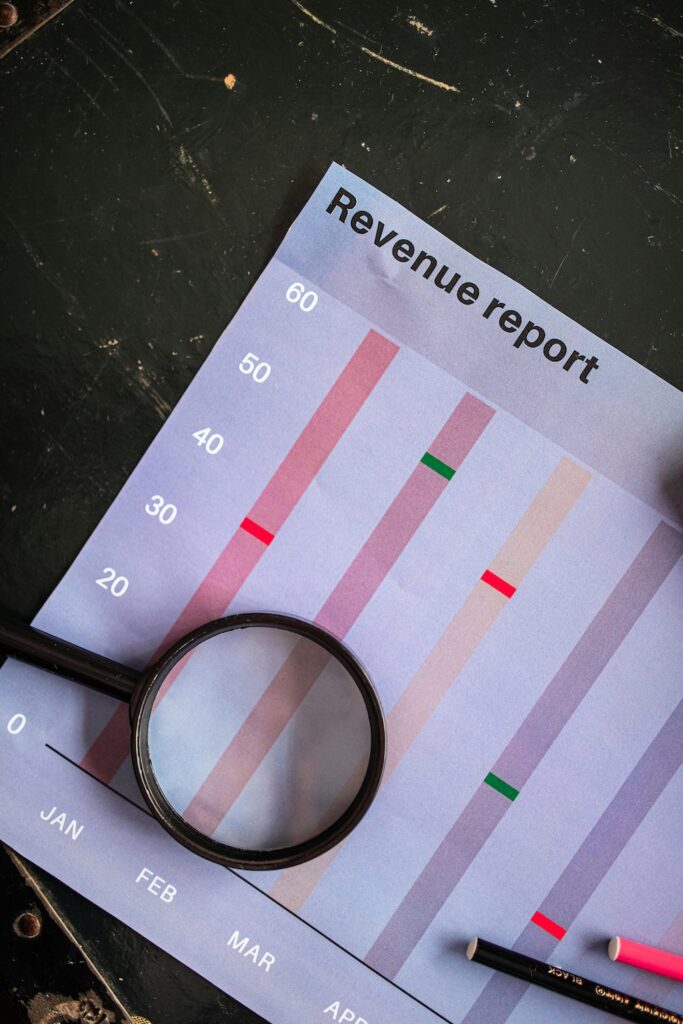
2.2 Tenant Rights in Dubai
Priority Renewal: Tenants are entitled to take priority if the landlord plans to sell the house, move in, or do major repairs (give 12-month notice).
Eviction Rules: Landlords must comply with the Eviction Rules; they must give a notarized eviction notice 12 months before the lease expires.
Fair Rent Increases: They CANNOT raise rent arbitrarily; There must be control from the RERA index.
Privacy Protection: Landlords give a 24-hour notice before property visits and must also give notice to the Department of Environmental Conservation before burning, leaving or storing waste or felling any trees.
Expert Insight:
“That landlords can’t evict tenants without a valid reason, many tenants are unaware of this fact. Before signing a lease always check the RDSC guidelines.“
— Karim Siddiqui, Legal Advisor at Dubai Tenancy Services
3. How to Secure a Long-Term Rental in Dubai
3.1 Step-by-Step Leasing Process
1. Determine Budget & Location – Popular areas Where to Determine Budget & Location
- Downtown Dubai (Luxury, high demand) – Avg. rent: AED 120,000 (1-bed)
- Jumeirah Village Circle (JVC) (Affordable, family-friendly) – Avg. rent: AED 65,000 (1-bed)
- Dubai Marina (Expat hotspot, waterfront views) – Avg. rent: AED 90,000 (1-bed)
2. Verify Property Ownership – Use the DLD portal or request the landlord’s Title Deed.
3. Sign Contract & Register Ejari – Cost AED 220 and make the contract and registration of Ejari both legal.
4. Pay Security Deposit & First Cheque – Circumstances depend on the landlord (100% of the rent may be due; 1-4 post-dated cheques; pay security deposit)
Move-In Inspection –Document any pre-existing damages so you do not fall victim to a deposit dispute during Move-In Inspection.
3.2 Key Clauses in Rental Agreements
- Rent Increase Clause – Must comply with RERA’s calculator.
- Who handles AC servicing, plumbing, etc. – Maintenance Terms
- Early Termination Penalty – Typically 2 months’ rent.
- Rules for Subletting – Usually considered forbidden but permitted by contract.
| Clause | What to Check |
|---|---|
| Rent Increase | Must comply with RERA’s calculator |
| Maintenance Terms | Who handles AC, plumbing, etc.? |
| Early Termination | Penalty usually = 2 months’ rent |
| Subletting Rules | Typically forbidden unless explicitly permitted |
“If possible, negotiate for a multi-year lease. Later, some landlords do offer discounts for a 2-3 year commitment.”
— Sarah Johnson, Property Consultant at Betterhomes
4. Dubai Rental Market Trends
4.1 Current Rental Price Dynamics
Average Annual Rent (2024):
- 1-Bed Apartment: AED 70,000 – AED 120,000
- 2-Bed Apartment: AED 100,000 – AED 180,000
- Villa (Jumeirah): AED 250,000 – AED 500,000
Areas with Highest Demand:
- Palm Jumeirah (In this article, you will find the top luxury apartments in Dubai)
- Business Bay (Corporate tenants)
- Dubai Hills Estate (Family-oriented communities)
4.2 Future Predictions:
- Expo 2025 Impact: Expected to boost rental demand by 15-20%.
- New Regulations: The upcoming rental controls will probably encourage property owners to select permanent leases instead.

Expert Opinion:
“According to CBRE Dubai Senior Analyst Mark Williams, the population growth to 5.8 million people by 2030 will maintain long-term rentals as reliable investments in Mohammed Bin Rashid City master communities.”
— Mark Williams, Senior Analyst at CBRE Dubai
5. Long-Term vs. Short-Term Rentals: Profitability Comparison
| Factor | Long-Term Rental | Short-Term Rental |
| Annual Yield | 5-7% | 8-12% (but higher risk) |
| Vacancy Risk | Low (1-2 months) | High (Seasonal demand) |
| Management Effort | Minimal | High (Daily upkeep) |
Verdict: Long-term rentals offer lower but stable returns, while short-term rentals can be lucrative but require active management.
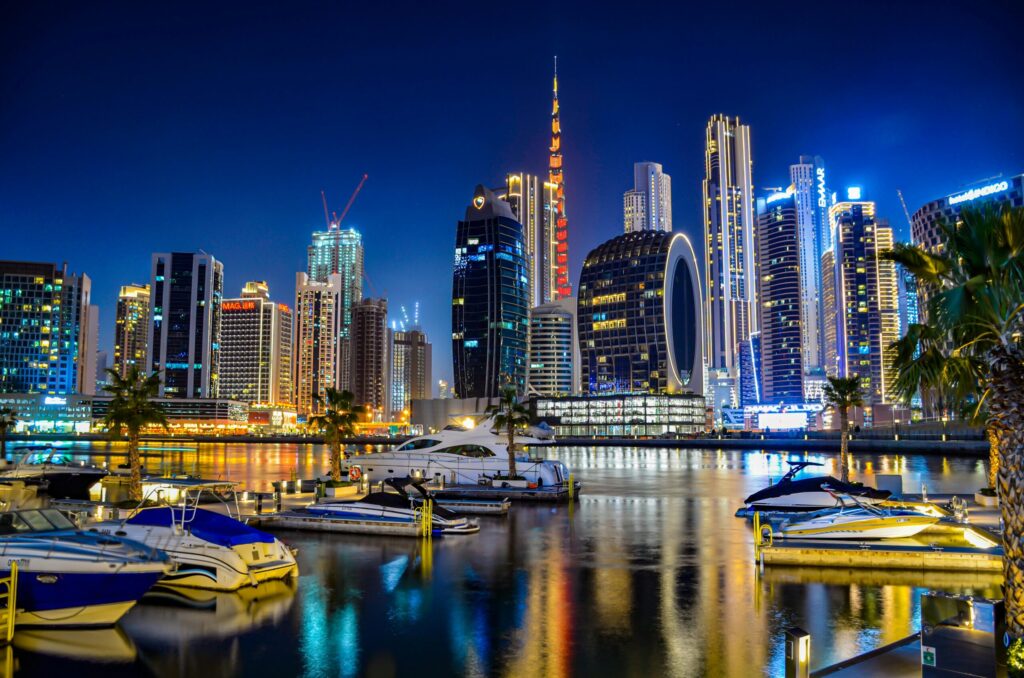
6. FAQs on Long-Term Rentals in Dubai
Only RERA’s rental index, and giving proper notice.
If you leave the security deposit and pay an early termination fee (usually 2 months’ rent).
Normally, no but some may have DEWA in serviced apartments.
Arabian Ranches, JVC, and Dubai Hills Estate are the top picks for schools and amenities.
Use the Dubai REST app (RERA’s official rental index calculator).
Conclusion
Long-term rentals in Dubai provide attractive benefits to both renters and investors through their rates that remain affordable their stable market conditions and their established legal system.
The growing status of Dubai as a worldwide business and lifestyle center demands a greater understanding of extended lease principles.
For Investors: Reliable Income and Lower Operational Hassles
Stable cash flow comes from long term rentals as the occupancy rates are constant and vacancy periods are short of just 1-2 months compared to the volatility of short term leases. This also means they need little marketing push and operational overhead as consignments make longer commitments.
Long term leasing is a low risk, high compliance investments’ strategy, especially in these areas where the rules for short term rental are unknown.
Future Trends: Sustained Demand and Digital Innovation
Dubai rental market to grow long term on the back of:
- Population expansion from initiatives like Expo 2025 and Dubai Urban Plan 2040.
- Long standing need of expats (over 200 nationalities) with a guaranteed demand for high quality rental housing.
- Platform based digital transformation through Dubai REST and DLD portal that helps streamline rental processes leading to greater transparency.
With global residents and investors taking a percentange in Dubai, the secure and profitable choice of long term rental for both tenants and property owners remains a reality.

